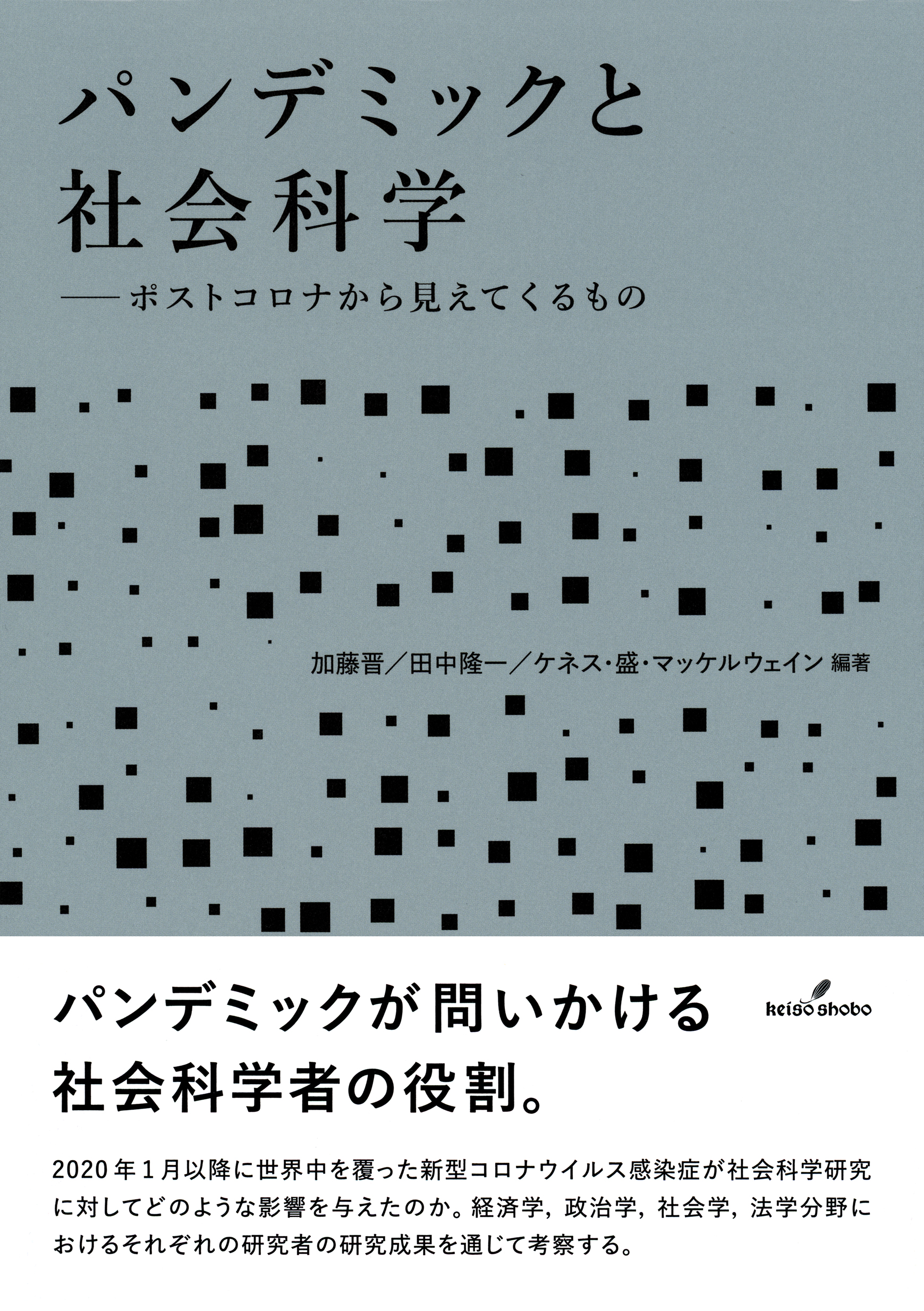
Title
Iwanami Lecture Series on Sociology Vol.1 Riron, Houhou (Theories and Methods)
Size
300 pages, A5 format, hardcover
Language
Japanese
Released
October 17, 2023
ISBN
978-4-00-011441-7
Published by
Iwanami Shoten
Book Info
See Book Availability at Library
Japanese Page
This book marks the first volume of the newly published Iwanami Lecture Series on Sociology, the first in a quarter of a century. Since the previous series was published at the end of the 20th century, society, people’s perspectives on society and sociology have undergone significant changes. While I am honored to introduce this volume, I am neither the editor of the series nor of this specific volume; I am merely one of the contributors. As a reader, I would like to share my approach to the volume and highlight some of its key points.
First, I recommend reading the essay by Masahiko Kishi, Sociology that Changes Lives: On the Occasion of the Publication of the Iwanami Lecture Series on Sociology, available on the Iwanami Shoten website (https://tanemaki.iwanami.co.jp/posts/7681). After that, I suggest starting with the "Overview: Theory and Method Facing a Changing Society," included at the end of the volume. This section clearly outlines why previous sociological theories and methods have failed, and where the current challenges lie, placing each paper within this framework. The key points are summarized as follows:
Theoretical Resolution: Sociology should no longer rely on broad, vague theories such as modernization theory. Therefore, it is necessary to develop concepts that are more precise.
Identification of Scope Conditions: Theories should specify their applicable subjects and range, making these explicit.
Ensuring Relevance to Everyday Knowledge: Sociological theories should incorporate the relationship between their frameworks and the everyday understanding of people living in society.
Many studies in this volume address these challenges. As you read each text, it may be helpful to evaluate how well it addresses these points.
After this, you can continue reading various papers according to your interests. However, if you are unsure where to start, why not begin with my paper, Computational Social Science as a Methodology for Sociology? This paper discusses the significance of computational social science as a specific method for advancing sociological theories and methods. That said, my goals were more comprehensive. While working from the same awareness of the issues outlined in the "Overview," I aim to organize the current challenges facing sociological theory and methods in a general sense and offer my own suggestions for solutions. I propose concrete ideas regarding the types of data that should be used to increase theoretical resolution, the methods that can be employed to examine scope conditions and generalizability, and how to model people’s understanding and cognition. I hope that you will read it.
How can we engage with the social world? How can we free ourselves from preconceived notions and conventional wisdom, learn from the social world and the others who inhabit it, and update our knowledge? How can we change our lives? The role of sociological theory and methods is to demonstrate how. It is sociology that can "change lives." I encourage you to appreciate the sincere efforts of sociologists who strive to refine the theories and methods used to achieve this goal.
(Written by TAKIKAWA Hiroki, Associate Professor, Graduate School of Humanities and Sociology / 2024)



 Find a book
Find a book


